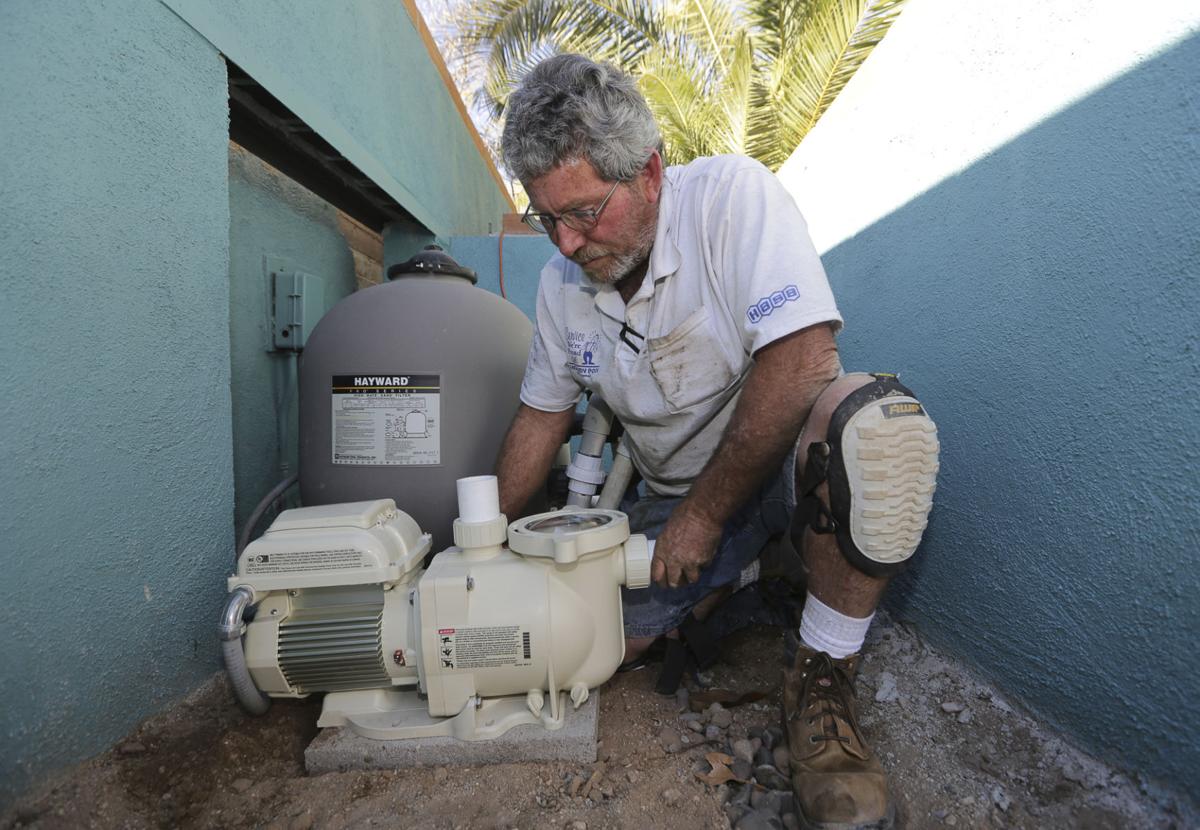Electric customers of UniSource Energy Services in Santa Cruz and Mohave counties will be offered some new energy-efficiency programs, including smart pool pumps and advanced heating and cooling control systems, under a plan approved Thursday by state regulators.
But the Arizona Corporation Commission voted to kill UES’ shade-tree rebate program and shot down several other new programs the utility proposed in its first new plan approved since 2015.
The utility panel passed the plan on a 4-1 vote, after several amendments offered by Commissioner Kevin Thompson deleted proposed new programs, including a “connected smart thermostat” program that would allow customers to participate in pilot demand-response programs, along with commercial rebates for electric forklifts and other industrial transportation equipment.
The commission also voted to suspend UES’ existing “Trees for You” shade-tree rebate program effective Dec. 31, after Thompson questioned the effectiveness of the program, which spent just about $6,300 of more than $35,000 budgeted for 2022.
UES, a sister company to Tucson Electric Power Co., spent just $2.75 million of $6.4 million on energy efficiency, or demand side management, programs in 2022.
Under state rules adopted by the ACC in 2011, Arizona’s investor-owned electric utilities were required to achieve 22% electricity savings by 2020. More than 30 states have some kind of energy-efficiency standards, which are intended to lower costs by lessening the need to generate power.
But the original Arizona rules have not been updated since, and the ACC delayed approval of energy-efficiency plans filed by utilities, including TEP over several years as it wrestled with new statewide clean-energy rules it ultimately rejected in January 2022.
Lynne Peterson, UES senior customer relationship manager, told the commission that with delays in approval of its energy-efficiency plan, the bill surcharge that pays for the programs has not increased, and new programs were not approved.
As a result, the company has spent only what it could collect and was authorized to spend, and the program budgets and actual spending are out of line, she said.
The ACC requires efficiency programs offered by state-regulated utilities to pass a stringent cost-benefit analysis.
Another successful amendment proposed by Thompson limits some rebate programs for owners of existing homes to only low-income households.
The so-called demand-side management surcharge, which for home customers now averages $1.30 per month will not change as a result of Thursday’s decision, UES spokesman Joe Barrios said.
UES was still working Friday to calculate the company’s new energy-efficiency budget for the next year based on various amendments approved Thursday, Barrios said.
Customers can watch for updates and find more information at uesaz.com/efficiency.





